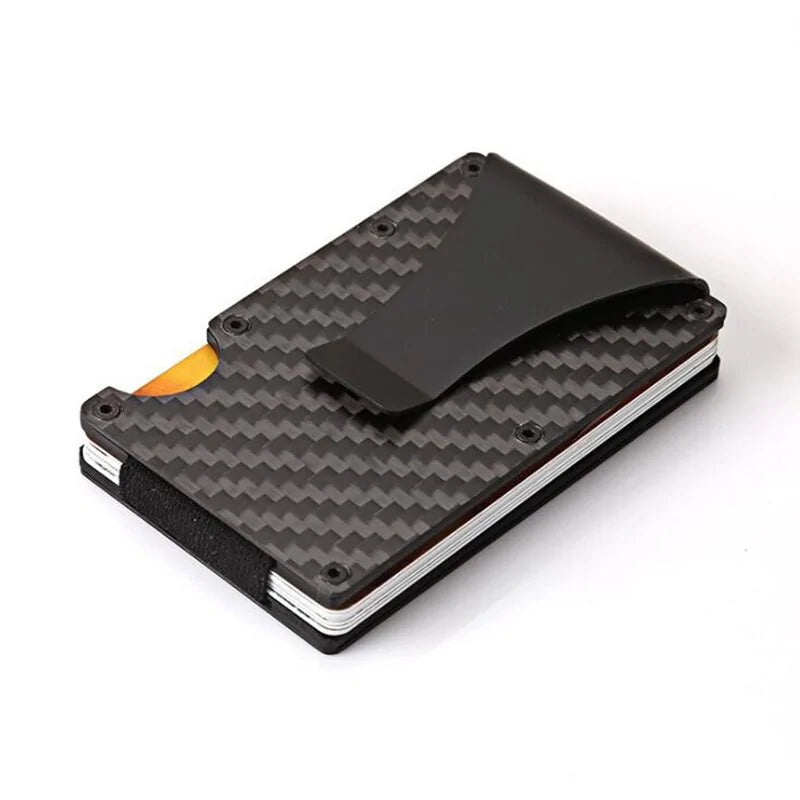
# Carbon Fiber Barrel Technology in Modern Firearms
## The Evolution of Firearm Barrel Materials
For centuries, firearms have relied on traditional steel barrels to contain and direct the explosive force of gunpowder. However, recent advancements in materials science have introduced carbon fiber as a revolutionary alternative that’s changing the performance characteristics of modern firearms.
## What is a Carbon Fiber Barrel?
A carbon fiber barrel consists of a thin steel liner wrapped in multiple layers of high-strength carbon fiber composite. This construction combines the best properties of both materials:
– Steel provides the necessary heat resistance and smooth bore surface
– Carbon fiber adds exceptional stiffness and reduces overall weight
## Advantages of Carbon Fiber Barrels
### Weight Reduction
One of the most significant benefits of carbon fiber barrels is their dramatically reduced weight compared to traditional steel barrels. A typical carbon fiber barrel can weigh 30-50% less than its steel counterpart while maintaining equal or better performance.
### Improved Heat Dissipation
The carbon fiber wrap helps dissipate heat more efficiently than solid steel, allowing for:
– Faster cooling between shots
Keyword: carbon fiber barrel
– Reduced heat-induced barrel distortion
– More consistent accuracy during rapid fire
### Enhanced Accuracy
The stiffness-to-weight ratio of carbon fiber helps minimize barrel whip and vibration, resulting in:
– Tighter shot groups
– More predictable bullet trajectories
– Improved long-range performance
## Applications in Modern Firearms
Carbon fiber barrel technology has found applications across multiple firearm categories:
### Precision Rifles
– Long-range competition rifles
– Tactical sniper systems
– Hunting rifles where weight is a concern
### Sporting Shotguns
– Lightweight field guns
– Competition shotguns
– Mountain hunting firearms
### Custom Pistols
– Some high-end competition pistols
– Specialty concealed carry weapons
## Considerations and Limitations
While carbon fiber barrels offer numerous advantages, they do come with some considerations:
– Higher manufacturing costs compared to traditional barrels
– Potential for delamination under extreme conditions
– Limited availability for some firearm models
– Specialized cleaning requirements
## The Future of Carbon Fiber Barrel Technology
As manufacturing techniques improve and costs decrease, we can expect to see:
– More widespread adoption across firearm categories
– New composite material combinations
– Integration with other advanced firearm technologies
– Potential applications in military and law enforcement firearms
Carbon fiber barrel technology represents a significant leap forward in firearm design, offering shooters unprecedented combinations of lightweight construction and precision performance. As the technology continues to mature, it will likely become a standard feature in high-performance firearms across multiple disciplines.
